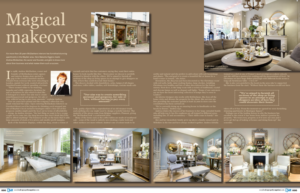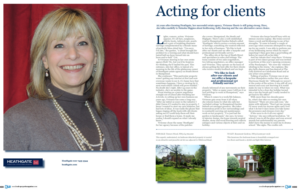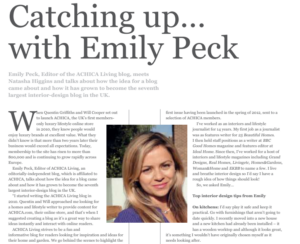‘I fought for Britain but wasn’t invited to the victory parade’
As told to Natasha Higgins
May 15, 2010
Original article: http://www.ft.com/intl/cms/s/2/c5e6a8bc-5c9c-11df-bb38-00144feab49a.html#axzz2pRJBLQHX
I was 19 when I arrived in the UK in the summer of 1940. The RAF needed pilots and I wanted to fly. After two months of English lessons, I attended the elementary flying school, then the secondary one. At the end of 1941, I was posted to Squadron 316, “The City of Warsaw Squadron”, where I joined the RAF as a fighter pilot and began flying Spitfires operationally.
I often came back with holes in my aircraft, but thankfully they were all in the wrong places. If the bullets had hit something vital, like my petrol tank or wing, then I would have had to abandon the aircraft. When it came to shooting, you would aim the whole aircraft at the target. If I was shooting at a Messerschmitt, for example, I didn’t want to kill the pilot; I wanted to finish off the machine. You knew your adversaries had girlfriends, mothers, fathers and brothers and were just like you. I was lucky to survive and as I’d completed a number of operational flights, I was awarded the Distinguished Flying Cross.
FT-First-Person-SNI was 24 when the war ended. The British government encouraged us to go back and I wanted to return home to my family. But by then Poland was under Russian domination and if you weren’t a communist it was too dangerous to go back. I could read between the lines of my father’s letters: “We miss you but stay where you are.” Not that he could actually say that, because all Polish mail was censored, but I knew to take his advice. One pilot from my squadron who went back to be with his wife and child was imprisoned on trumped-up charges and then executed.
I understand why we were encouraged by the foreign secretary, Ernest Bevin, to go home after completing our service in 1945. It’s what any government would have done. Britons had been demobilised and they didn’t want Poles employed in place of them. I also understand why the British and the Americans didn’t oppose Stalin’s decision to take over Poland and turn it into a communist state – short of going to war, there was nothing they could have done.
But being excluded from the London Victory Parade, in June 1946, really hurt. By the end of the war, Polish servicemen fighting on the Allied side were tired and it felt as if our efforts had not been recognised: we Poles had had a total of 14 air force squadrons, were the fourth largest contingency and had lost more than 9,000 men. So it was beyond belief when Britain excluded Poles from the parade to which Allied forces were invited to celebrate victory.
The British politicians didn’t want to offend Stalin, or so they said, but they ought to have known better. It was as though they were frightened of saying boo to a goose. The rationale was that including us in the parade would have supposedly reminded Stalin that we’d fought alongside the British, become westernised and might have opposed the communist regime when we returned to Poland. Furthermore, by then the Yalta Agreement had been signed by Churchill, Roosevelt and Stalin, agreeing that Poland would be under communist rule until the free elections.
When the war ended, I studied dentistry at Bristol. I graduated in 1953 and rarely had a problem finding work. I do, however, remember one time when I was interested in a job and the owner of the dental surgery said he couldn’t employ me; he said he feared clients might turn away when they saw the Polish name on the door. I didn’t make a fuss; at least I knew where I stood.
This, however, wasn’t typical, and I’m glad I took my father’s advice and didn’t return to Poland. Of course, being excluded from the Victory Parade still irks, and although Tony Blair apologised in 2005, 60 years after, it ought to have been said rather sooner.


